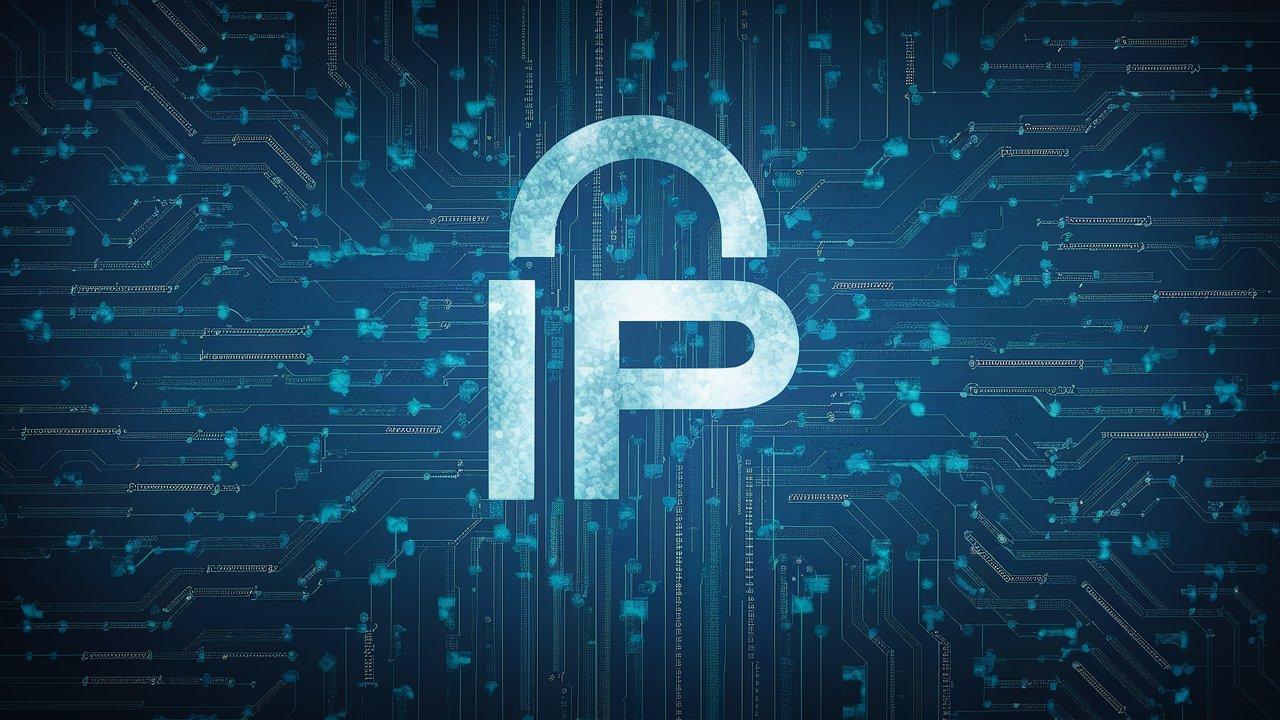What is IPv4?
The Internet Protocol version 4 (IPv4) is the foundational technology that allows devices to communicate over the internet. Introduced in the 1980s, IPv4 is the most widely used IP address protocol, responsible for the assignment of unique addresses to devices connected to the internet. In this blog, we’ll delve into the basics of IPv4, its structure, and why the need to lease IPv4 addresses has become a vital consideration for businesses today.
Understanding IPv4
IPv4 operates on a 32-bit address space, which means it can support approximately 4.3 billion unique IP addresses. Each IPv4 address consists of four sets of numbers, known as octets, separated by periods (e.g., 192.168.1.1). These numbers range between 0 and 255, representing the binary value of the IP address.
The structure of IPv4 addresses allows for them to be divided into different classes (A, B, C, D, and E), depending on the size of the network. Classes A, B, and C are the most commonly used and support various network sizes ranging from large multinational corporations to small businesses.
However, with the exponential growth of internet-connected devices over the years, IPv4 addresses are running out. This shortage has driven the demand for alternative solutions such as leasing and purchasing IPv4 addresses to ensure businesses continue to have the IP resources they need.
Why IPv4 Addresses Are Running Out
The rapid expansion of internet usage has led to the depletion of available IPv4 addresses. As more devices—smartphones, computers, IoT devices—come online, the available pool of addresses shrinks. The transition to IPv6, a newer version of the Internet Protocol, was designed to address this limitation, but IPv4 remains the dominant protocol in use worldwide.
This shortage is especially felt by businesses, which often require multiple IP addresses for their networks. As a result, many organizations are turning to providers like Pacific Connect for solutions such as leasing or purchasing IPv4 addresses to meet their growing network demands.
Lease or Buy IPv4 Addresses?
Given the scarcity of IPv4 addresses, businesses often face the decision of whether to lease or buy them. Each option has its advantages, depending on the specific needs of the organization.
-
Leasing IPv4 Addresses: For businesses that need IP addresses temporarily or for short-term projects, leasing IPv4 addresses can be a cost-effective solution. Leasing allows businesses to access the necessary resources without making a long-term commitment. This is especially beneficial for startups or companies experiencing rapid growth. To explore leasing options, businesses can turn to providers like Pacific Connect, which offers flexible and secure leasing solutions.
-
Buying IPv4 Addresses: For organizations looking for a permanent solution, buying IPv4 addresses can provide long-term stability and control over their network infrastructure. Companies that anticipate consistent growth may choose to purchase IPv4 blocks to secure their future network needs. Buy IPv4 addresses with Pacific Connect to ensure you get compliant and verified IP blocks.
How Pacific Connect Simplifies IPv4 Leasing and Buying
Whether a company needs to lease or buy IPv4 addresses, Pacific Connect offers a seamless and efficient process. Their services cater to businesses across various industries, ensuring that each client receives the appropriate solution for their specific needs. Leasing and buying IP addresses can be complex, but Pacific Connect helps businesses navigate this process with ease.
By partnering with Pacific Connect, businesses benefit from:
-
Expert Guidance: Pacific Connect’s experienced team offers in-depth consultations to help companies decide whether leasing or purchasing is the right choice.
-
Flexible Leasing Terms: For businesses that prefer to lease IPv4 addresses, Pacific Connect offers customizable leasing agreements that cater to the unique requirements of each client.
-
Competitive Pricing: Whether you're looking to lease or buy pacific Connect provides competitive rates and ensures compliance with all relevant regulations.
The Future of IPv4 and IPv6
While IPv6 is the long-term solution to the global shortage of IP addresses, its adoption has been slow. Many businesses still rely on IPv4 due to compatibility and infrastructure considerations. This reliance makes leasing or purchasing IPv4 addresses a crucial component of network management for many companies.
However, as the demand for internet resources continues to grow, businesses will eventually need to transition to IPv6. In the meantime, leasing or buying IPv4 addresses remains a practical and immediate solution.
Conclusion
IPv4 has been the backbone of internet communication for decades, but with its limited availability, businesses are facing challenges in obtaining the addresses they need. Whether a company chooses to lease IPv4 addresses for short-term flexibility or buy IPv4 addresses for long-term stability, Pacific Connect provides tailored solutions that simplify the process. With the right support and expert guidance, businesses can ensure that their network operations continue seamlessly in a world where IP addresses are increasingly scarce.


